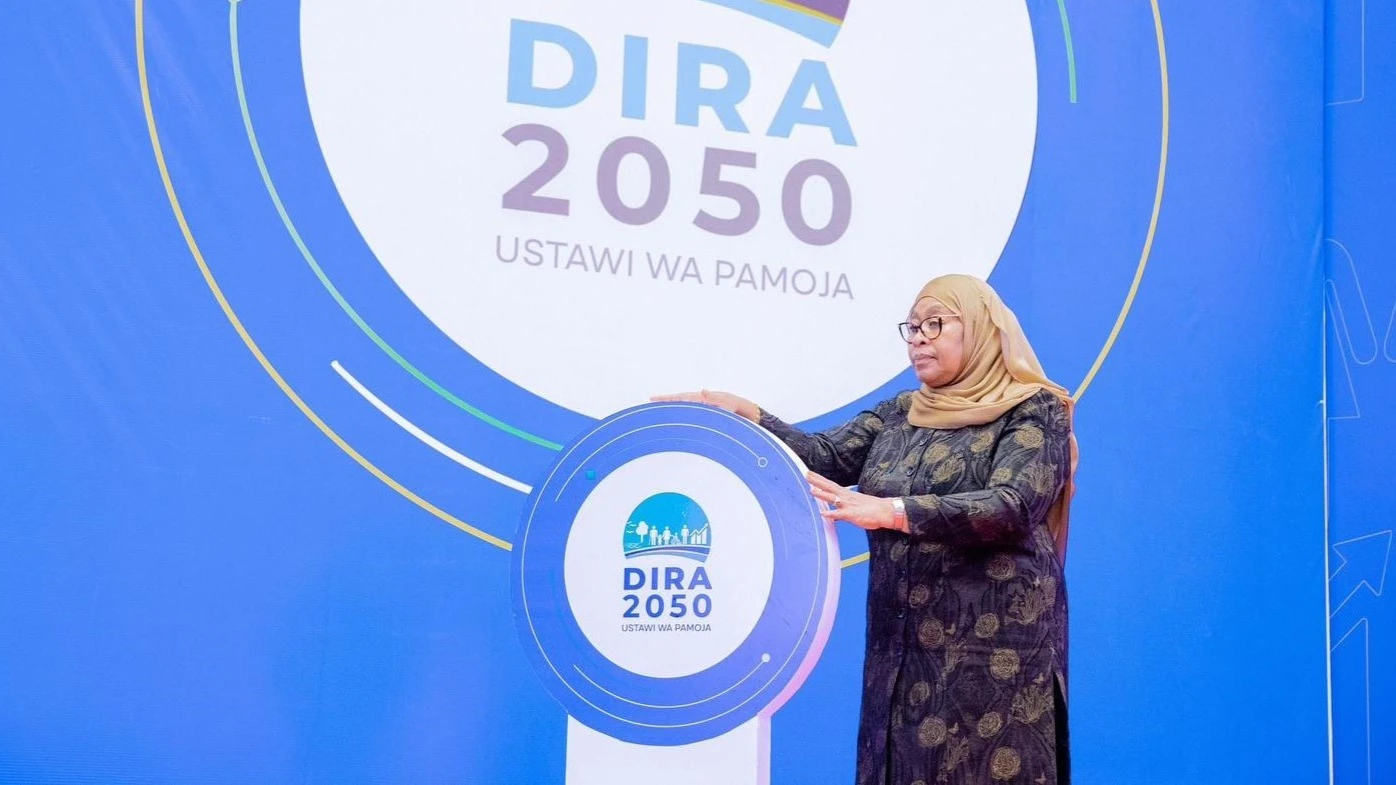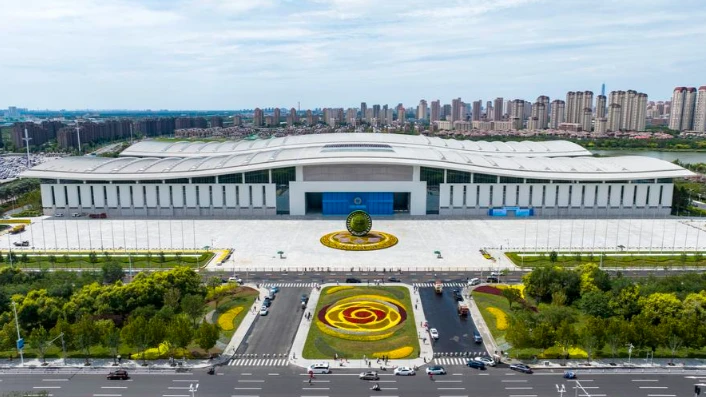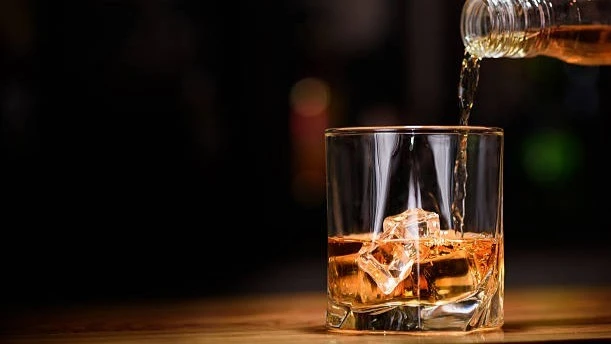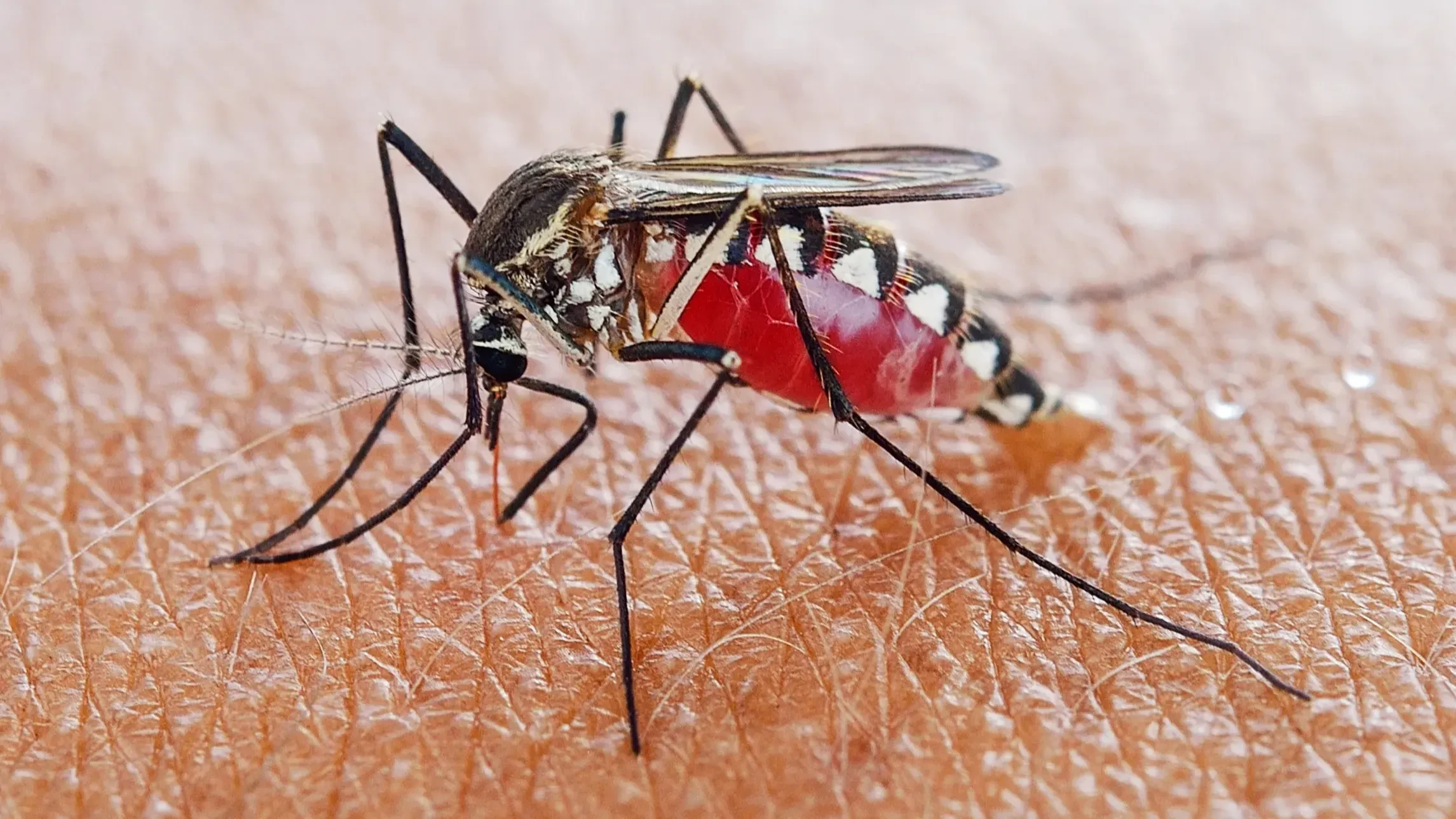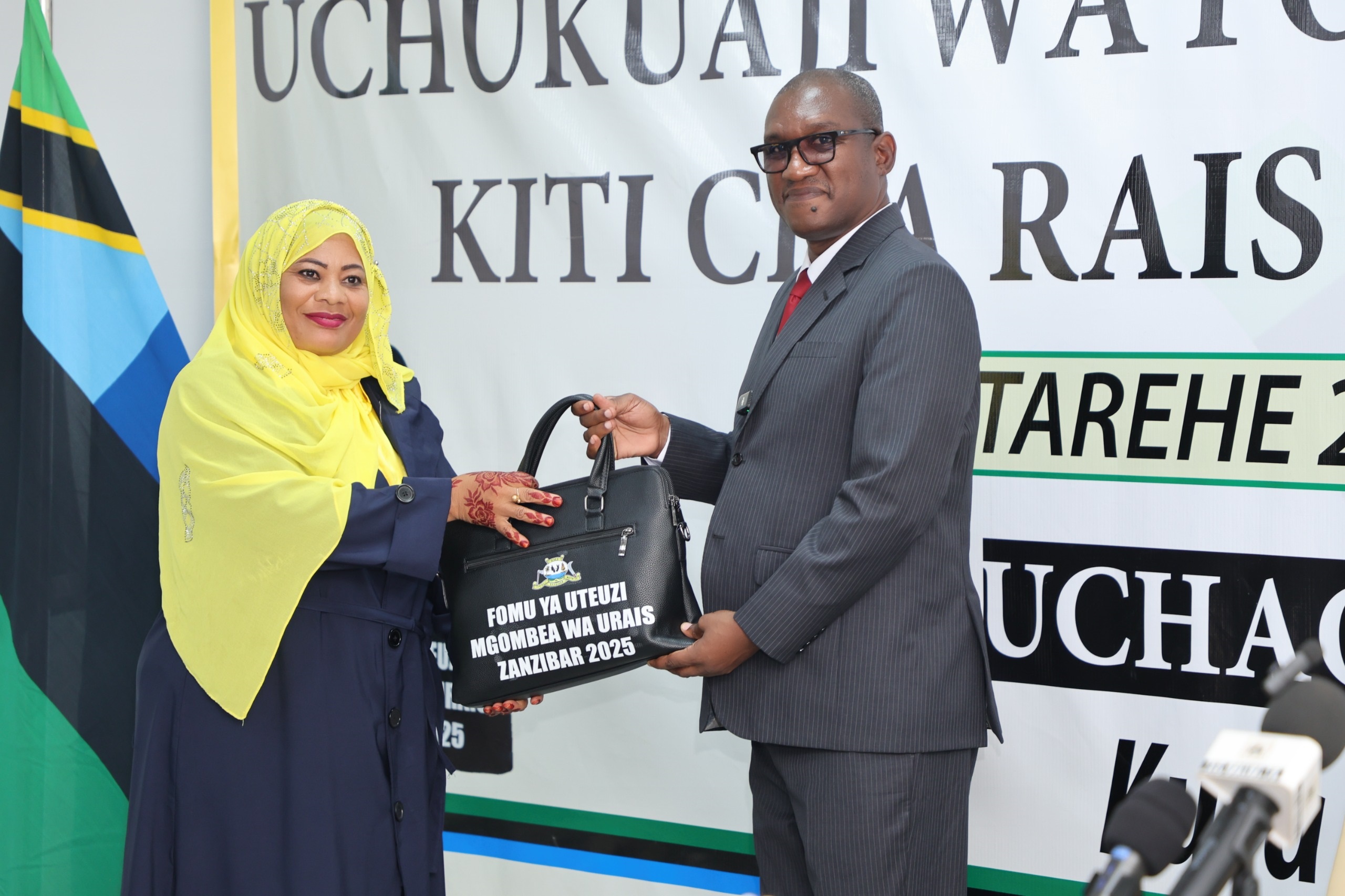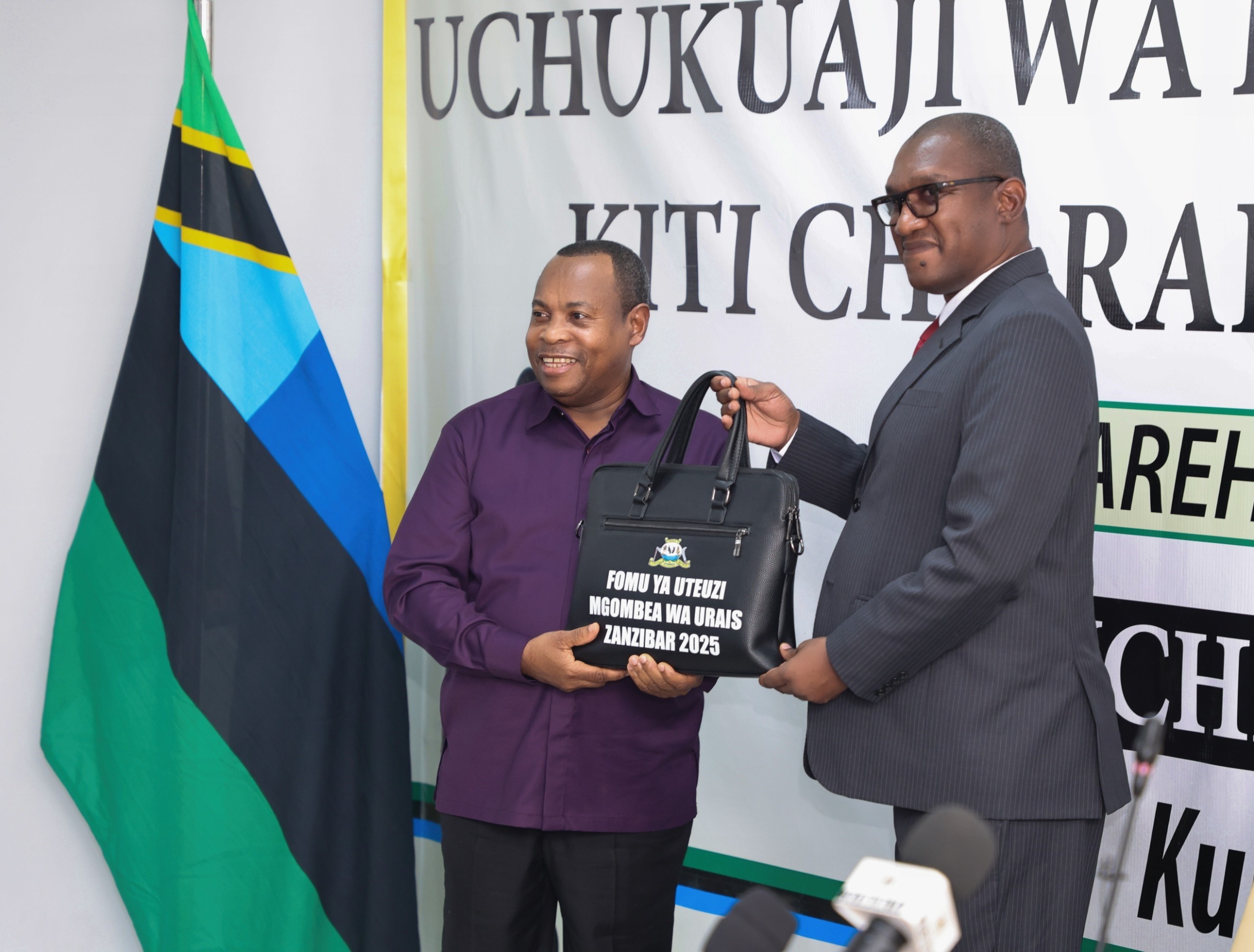Mbeya police pounce on fake liquor factory, seize 142 boxes
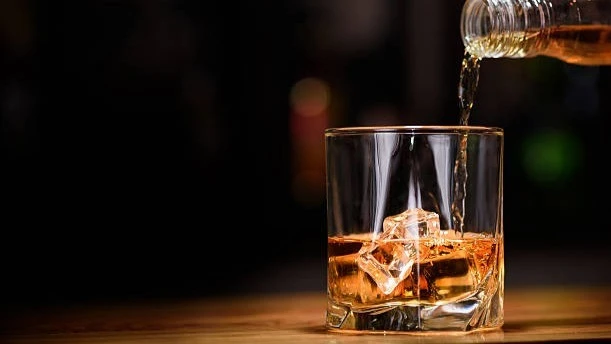
A CLANDESTINE factory producing counterfeit spirits packaged with genuine brand labels has been uncovered by the police in Mbeya city.
SACP Benjamin Kuzaga, the regional police commanders, said at a press conference over the weekend that the police arrested Stela Kafuko (50), for suspicions of running an illegal factory from her home in Isyesye area of the city.
The arrest was part of a scheduled operation meant to curb criminal activities in the city, as the factory put the health of liquor consumers in the region under threat until the fake plant was uncovered and its operators remanded.
Detectives raided Kafuko's house after receiving a tip-off, he said, airing that the police found a large stock of fake spirits, raw materials and equipment used for manufacturing and packaging.
“Police confiscated a significant amount of evidence, including: 142 boxes of counterfeit spirits bearing the labels of various popular brands, one empty box and dozens of empty bottles,” he said.
They also seized plastic bags and six large drums of non-bottled alcohol, glue used to affix counterfeit seals, two rolls of fake liquor stickers and 914 ready-to-use counterfeit stickers, he said.
The illicit business had been operating for months, posing a severe public health risk and causing a substantial loss of revenue for legitimate liquor companies and public revenues, he said, affirming that the police raid was a cleanup measure in economic crime and curbing a direct attack on public health.
Investigations are ongoing in collaboration with relevant regulatory bodies to test the seized products and identify their distribution networks, he said, pointing out that much of the counterfeit liquor may have already entered the market.
This has exposed consumers to serious health hazards, including alcohol poisoning, liver damage and preconditions of kidney failure, he said, citing remarks from health experts repeatedly warning that counterfeit alcohol can contain toxic levels of methanol, often leading to blindness and fatal complications.
He urged the public to be vigilant, buy alcohol only from trusted outlets and report any suspicious activities to the relevant authorities, as tip-offs from the community are crucial to the success of such operations.
City residents welcomed the police action with expressions of relief, urging that such inspections be conducted regularly to protect public health. The case highlights the growing challenge of counterfeit products in Tanzania and the critical need for stronger consumer protection measures, they added.
Top Headlines
© 2025 IPPMEDIA.COM. ALL RIGHTS RESERVED









